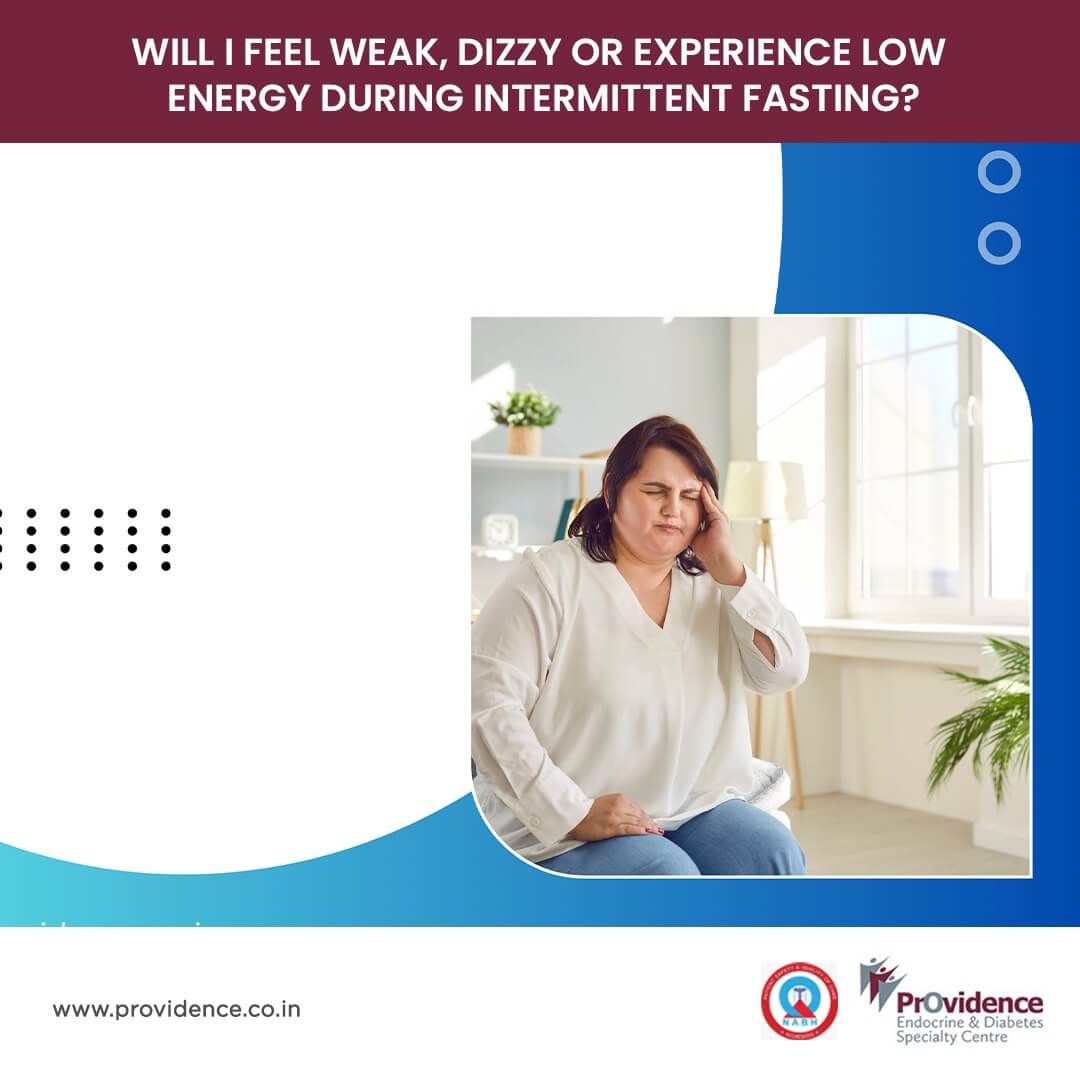Intermittent fasting has emerged as a popular dietary strategy among individuals seeking to lose weight. While weight loss can yield numerous health advantages, it is vital to acknowledge the potential side effects associated with this approach, which may include headaches, fatigue, hypoglycemia, insomnia, nausea, and dizziness.
One significant health concern reported during intermittent fasting is headaches, often attributed to dehydration. Factors contributing to dehydration include insufficient fluid intake, decreased consumption of tea and coffee, the consistency and type of diet followed, levels of physical activity, and environmental conditions. Additionally, individuals who skip meals or restrict caloric intake may experience adverse effects (hypoglycemia), particularly those on diabetes medications, as well as potential electrolyte imbalances in those taking blood pressure medications.
As people lose weight, their blood pressure can drop. So, people on blood pressure-lowering medicines may need to adjust their doses.
Therefore, it is crucial to consult with a healthcare team before initiating intermittent fasting and maintain communication throughout the process. This guidance can help ensure a healthier approach by selecting a plan that aligns with your lifestyle and minimizing the risk of side effects associated with intermittent fasting.
Mrs. Rejitha Jagesh, MSc



